Home>Gardening & Outdoor>Landscaping Ideas>How To Get Ants Out Of Your Garden Bed
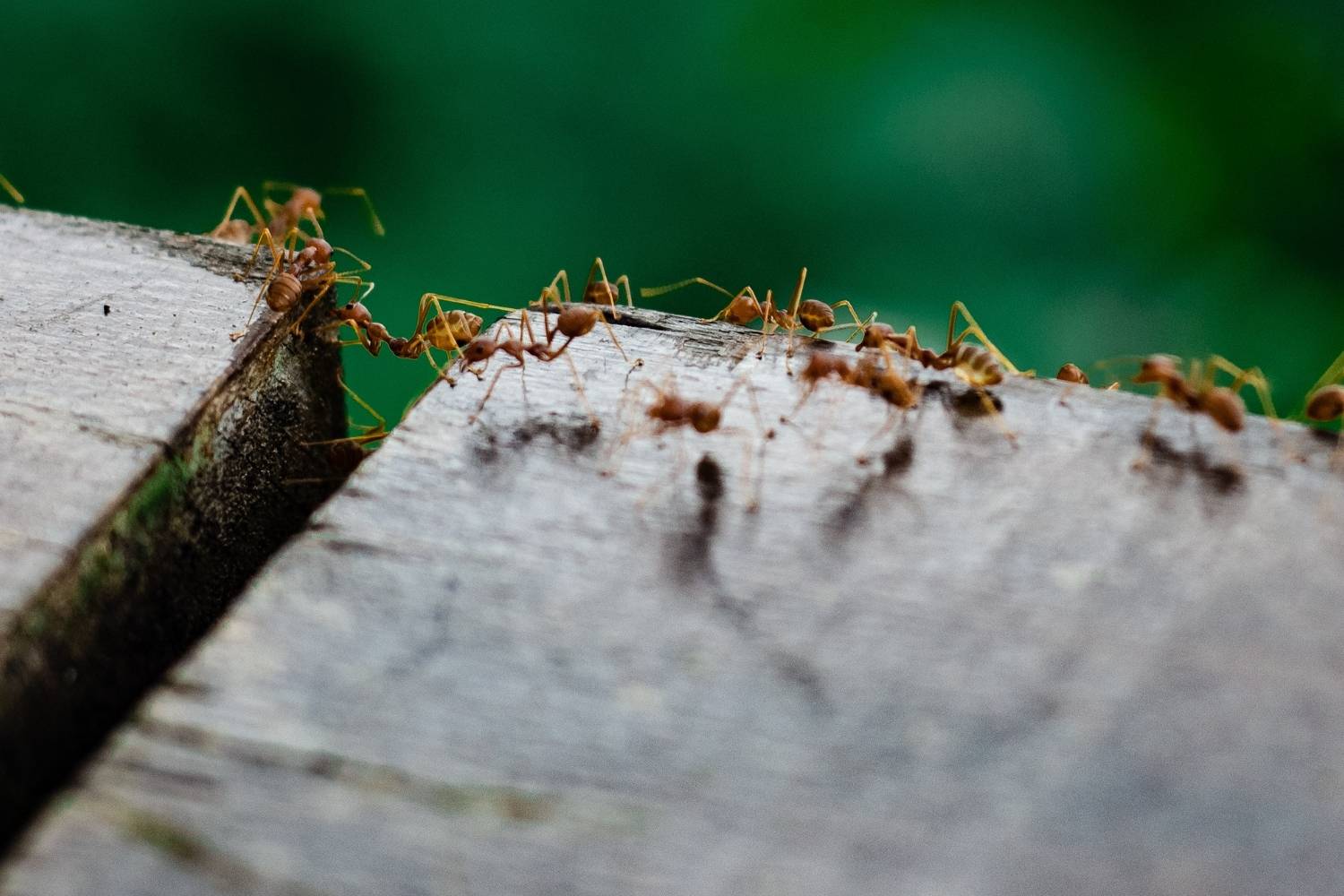

Landscaping Ideas
How To Get Ants Out Of Your Garden Bed
Published: January 31, 2024
Learn effective landscaping ideas to keep ants out of your garden bed. Discover natural solutions and practical tips for a pest-free outdoor space.
(Many of the links in this article redirect to a specific reviewed product. Your purchase of these products through affiliate links helps to generate commission for Storables.com, at no extra cost. Learn more)
Introduction
Gardens are a sanctuary of natural beauty, a place where vibrant blooms and lush foliage create a serene escape from the hustle and bustle of everyday life. However, the presence of ants in your garden bed can disrupt this idyllic setting, causing frustration and concern for many gardeners. These industrious insects, while beneficial in some ways, can also become a nuisance when their activities interfere with the health and aesthetics of your garden.
As a gardener, it's essential to understand the behavior of ants and the potential impact they can have on your garden. By gaining insight into their habits and preferences, you can effectively address any issues they may pose and maintain a harmonious garden environment.
In this comprehensive guide, we will explore various methods for removing ants from your garden bed, ranging from natural remedies to chemical solutions. Additionally, we will discuss preventive measures to deter ants from returning and disrupting your garden oasis.
Whether you're a seasoned gardener or just beginning to cultivate your green space, this article will equip you with the knowledge and strategies needed to address ant infestations in your garden bed. Let's delve into the fascinating world of ant control and reclaim the tranquility of your garden sanctuary.
Key Takeaways:
- Ants in your garden can disrupt its beauty, but natural remedies like vinegar, citrus peels, and essential oils can deter them. These methods align with organic gardening principles and promote a healthy garden ecosystem.
- To prevent ants from returning, maintain garden hygiene, seal entry points, and promote natural ant predators. By integrating these measures, you can create a pest-resistant garden sanctuary for a tranquil and beautiful green space.
Read more: How To Get Rid Of Ants In Your Grass
Understanding Ant Behavior in the Garden
Ants are fascinating creatures with complex social structures and behaviors that can significantly impact the garden ecosystem. Understanding their behavior is crucial for effectively managing their presence in your garden bed. Here's a closer look at the key aspects of ant behavior in the garden:
-
Foraging Patterns: Ants are diligent foragers, constantly seeking sources of food and water. They leave scent trails to communicate the location of food to other colony members, creating well-defined foraging paths. In the garden, this behavior can lead ants to food sources such as fallen fruits, sugary nectar from flowers, or aphids that secrete honeydew.
-
Nesting Sites: Ant colonies establish nesting sites in various locations, including soil, mulch, and debris. Understanding their preferred nesting sites can help identify potential areas of infestation in the garden bed. Some ant species may also build nests within plant structures, such as hollow stems or cavities in trees.
-
Tending Aphids: Certain ant species engage in a mutually beneficial relationship with aphids, protecting them from predators and "farming" them for their honeydew excretions. This behavior can lead to an increase in aphid populations, as ants actively protect and maintain these sap-sucking insects on garden plants.
-
Protecting Territory: Ants are territorial and fiercely defend their colonies against perceived threats. In the garden, this defensive behavior can lead to aggressive interactions with other insects, disrupting the natural balance of the ecosystem.
-
Response to Environmental Changes: Ant behavior is influenced by environmental factors such as temperature, humidity, and food availability. Understanding how these factors impact ant activity can help predict their behavior in different seasons and conditions.
By gaining insights into these aspects of ant behavior, gardeners can develop targeted strategies to manage ant populations in the garden bed. Whether utilizing natural deterrents, chemical treatments, or preventive measures, a deeper understanding of ant behavior is essential for effective ant control in the garden.
Natural Methods for Removing Ants
When addressing ant infestations in your garden bed, natural methods offer effective and environmentally friendly solutions. These approaches aim to deter and remove ants without the use of synthetic chemicals, aligning with the principles of organic gardening and sustainable pest management. Here are several natural methods for removing ants from your garden bed:
-
Diatomaceous Earth: This natural substance, composed of fossilized diatoms, contains microscopic sharp edges that can penetrate the exoskeleton of ants, leading to dehydration and eventual death. Sprinkling diatomaceous earth around ant trails and entry points can create a barrier that deters ants from accessing your garden bed.
-
Vinegar Solution: A simple yet potent remedy, a mixture of equal parts water and white vinegar can disrupt ant trails and deter their presence in the garden. Spraying this solution along ant pathways and around garden borders can discourage ants from foraging in the area.
-
Citrus Peels: The strong scent of citrus peels, such as those from oranges, lemons, or grapefruits, can act as a natural ant repellent. Placing citrus peels near ant entry points or scattering them around the garden bed can discourage ants from venturing into the area.
-
Essential Oils: Certain essential oils, including peppermint, tea tree, and cinnamon oils, possess ant-repelling properties. Diluting these oils with water and spraying the solution in areas frequented by ants can deter their presence while imparting a pleasant aroma to the garden.
-
Boiling Water: For ant colonies nesting in soil or mulch, pouring boiling water directly into the nesting sites can effectively eliminate the colony. This method provides a non-toxic and targeted approach to eradicating ants from specific areas of the garden bed.
-
Natural Ant Baits: Creating homemade ant baits using a mixture of borax and a sweet substance, such as honey or sugar, can attract ants and disrupt their colony. Placing these baits strategically near ant trails can gradually reduce ant populations without the use of harmful chemicals.
By incorporating these natural methods into your ant control strategy, you can effectively manage ant infestations in your garden bed while minimizing the impact on beneficial garden organisms and the surrounding environment. These natural remedies offer a holistic approach to pest management, promoting a healthy and balanced garden ecosystem.
To get ants out of your garden bed, try sprinkling cinnamon, coffee grounds, or diatomaceous earth around the area. These natural substances can help deter ants from making a home in your garden.
Chemical Methods for Removing Ants
In some cases, natural remedies may not provide the desired level of ant control, prompting the consideration of chemical methods for removing ants from the garden bed. When used judiciously and in accordance with product instructions, certain chemical treatments can effectively target ant infestations and prevent their resurgence. It's important to exercise caution and prioritize the safety of beneficial garden organisms and the surrounding environment when employing chemical solutions. Here are several chemical methods for removing ants from your garden bed:
-
Ant Bait Stations: Commercial ant bait stations contain insecticidal baits that are attractive to ants. These baits are designed to be carried back to the colony, where they can disrupt ant populations and ultimately eliminate the colony. Placing ant bait stations strategically along ant trails and near nesting sites can provide targeted control of ant infestations.
-
Insecticidal Sprays: Selective application of insecticidal sprays formulated specifically for ant control can effectively reduce ant populations in the garden bed. These sprays often contain synthetic pyrethroids or other active ingredients that target ants upon contact. Careful application to ant trails, entry points, and nesting sites can help manage ant infestations while minimizing environmental impact.
-
Dust Insecticides: Dust formulations of insecticides, such as those containing diatomaceous earth or other active ingredients, can be applied to areas where ants are active. These dusts can disrupt ant colonies and provide long-lasting control when applied in accordance with product labels. Dust insecticides are particularly useful for targeting ants nesting in soil, mulch, or other concealed locations.
-
Professional Pest Control Services: In cases of severe or persistent ant infestations, seeking the expertise of professional pest control services may be necessary. Pest control professionals can assess the extent of the infestation and implement targeted chemical treatments to address the issue effectively. They can also provide guidance on long-term ant management strategies to prevent future infestations.
It's important to emphasize that when utilizing chemical methods for ant control, adherence to product labels, safety precautions, and environmental considerations is paramount. Prioritize the use of targeted treatments that minimize impact on non-target organisms and the overall garden ecosystem. Additionally, consider integrated pest management approaches that combine chemical methods with natural and preventive measures for comprehensive ant control.
By incorporating these chemical methods judiciously and responsibly, gardeners can effectively address persistent ant infestations in the garden bed while maintaining a balanced and sustainable approach to pest management.
Preventing Ants from Returning
After successfully removing ants from your garden bed, it's essential to implement preventive measures to deter their return and maintain a harmonious garden environment. By addressing factors that attract ants and fortifying your garden against future infestations, you can proactively safeguard your green space. Here are effective strategies for preventing ants from returning to your garden bed:
-
Maintain Garden Hygiene: Regularly remove fallen fruits, food scraps, and debris from the garden bed. By eliminating potential food sources, you can discourage ants from foraging in the area and seeking entry into your garden.
-
Seal Entry Points: Inspect the perimeter of your garden bed for cracks, gaps, and openings that may serve as entry points for ants. Seal these entry points using caulk or weatherstripping to prevent ant incursions.
-
Elevate Planters and Containers: If using planters or containers in your garden, consider placing them on stands or elevating them with pot feet. This creates a physical barrier that impedes ant access to plants and reduces the likelihood of ant infestations.
-
Trim Vegetation: Keep vegetation and foliage near the garden bed well-trimmed and away from structures. Overhanging branches and dense vegetation can provide pathways for ants to access the garden bed, so maintaining a clear perimeter can deter their entry.
-
Apply Natural Repellents: Continuously utilize natural ant repellents, such as citrus peels, essential oils, or diatomaceous earth, to create a deterrent barrier around the garden bed. These natural remedies can discourage ants from approaching the area.
-
Regular Monitoring: Routinely inspect the garden bed for signs of ant activity, such as foraging trails, nesting sites, or aphid infestations. Early detection allows for prompt intervention and prevents ant populations from establishing a foothold.
-
Promote Beneficial Predators: Encourage the presence of natural ant predators, such as ladybugs, lacewings, and predatory beetles, in your garden. These beneficial insects can help control ant-tended pests and contribute to a balanced ecosystem.
-
Implement Companion Planting: Incorporate plants that naturally repel ants, such as mint, tansy, and lavender, into your garden bed. Companion planting with ant-repelling species can create an inhospitable environment for ants.
By integrating these preventive measures into your garden maintenance routine, you can create an environment that is less conducive to ant infestations. Consistent vigilance and proactive strategies will help fortify your garden against potential ant incursions, allowing you to enjoy a thriving and pest-resistant garden sanctuary.
Read more: How To Clean Out A Garden Bed
Conclusion
In conclusion, managing ant infestations in your garden bed requires a multifaceted approach that encompasses understanding ant behavior, employing natural and chemical methods for removal, and implementing preventive measures to deter their return. By gaining insights into the foraging patterns, nesting sites, and ecological interactions of ants, gardeners can develop targeted strategies to address ant infestations effectively.
Natural methods, such as diatomaceous earth, vinegar solutions, citrus peels, essential oils, boiling water, and natural ant baits, offer environmentally friendly alternatives for deterring and removing ants from the garden bed. These natural remedies not only provide effective ant control but also align with the principles of organic gardening and sustainable pest management, promoting a healthy and balanced garden ecosystem.
In cases where natural remedies may not suffice, judicious use of chemical methods, including ant bait stations, insecticidal sprays, dust insecticides, and professional pest control services, can provide targeted control of persistent ant infestations. It is crucial to prioritize the safety of beneficial garden organisms and the surrounding environment when considering chemical treatments, adhering to product labels and environmental considerations.
Furthermore, preventing ants from returning to the garden bed is paramount to maintaining a harmonious garden environment. By maintaining garden hygiene, sealing entry points, elevating planters, applying natural repellents, and promoting beneficial predators, gardeners can fortify their green space against future ant incursions.
Ultimately, the successful management of ant infestations in the garden bed requires a proactive and holistic approach that balances effective pest control with environmental stewardship. By integrating natural, chemical, and preventive strategies, gardeners can create a resilient and pest-resistant garden sanctuary, allowing the beauty and tranquility of their green space to flourish without the disruption of ant infestations.
Frequently Asked Questions about How To Get Ants Out Of Your Garden Bed
Was this page helpful?
At Storables.com, we guarantee accurate and reliable information. Our content, validated by Expert Board Contributors, is crafted following stringent Editorial Policies. We're committed to providing you with well-researched, expert-backed insights for all your informational needs.
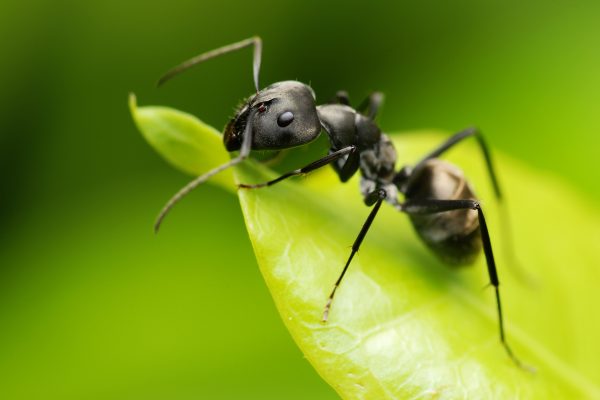
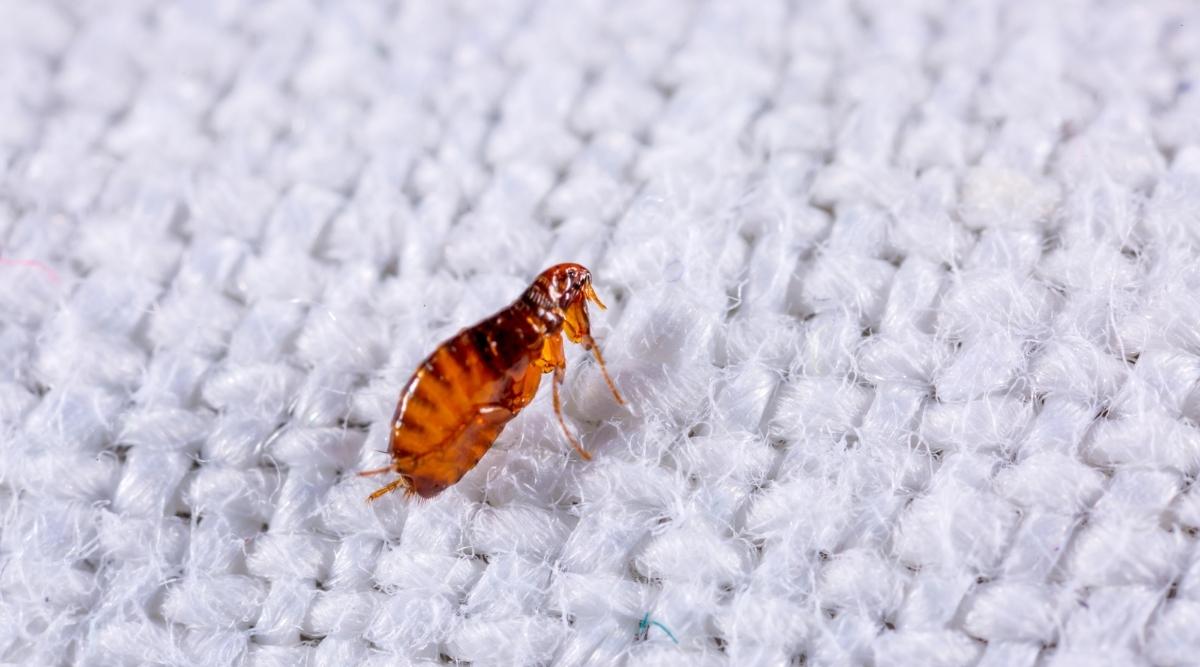
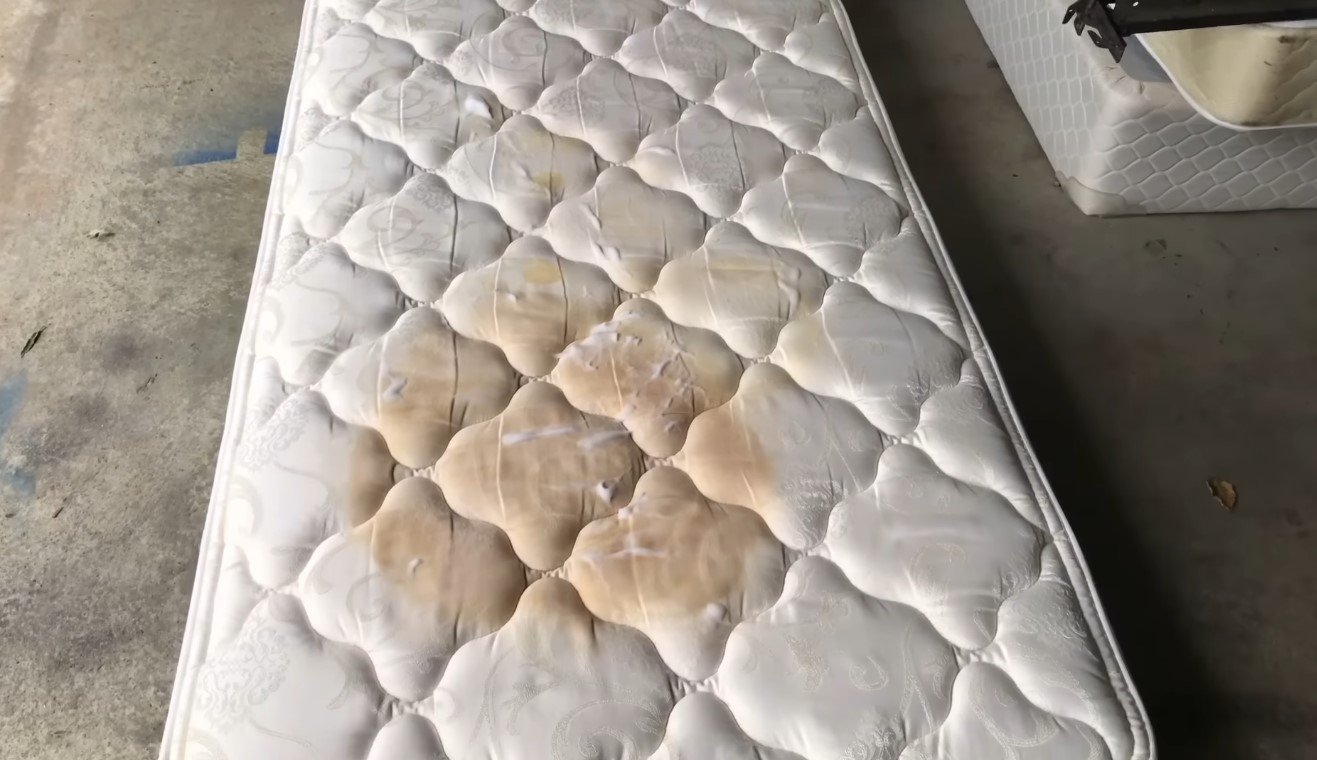

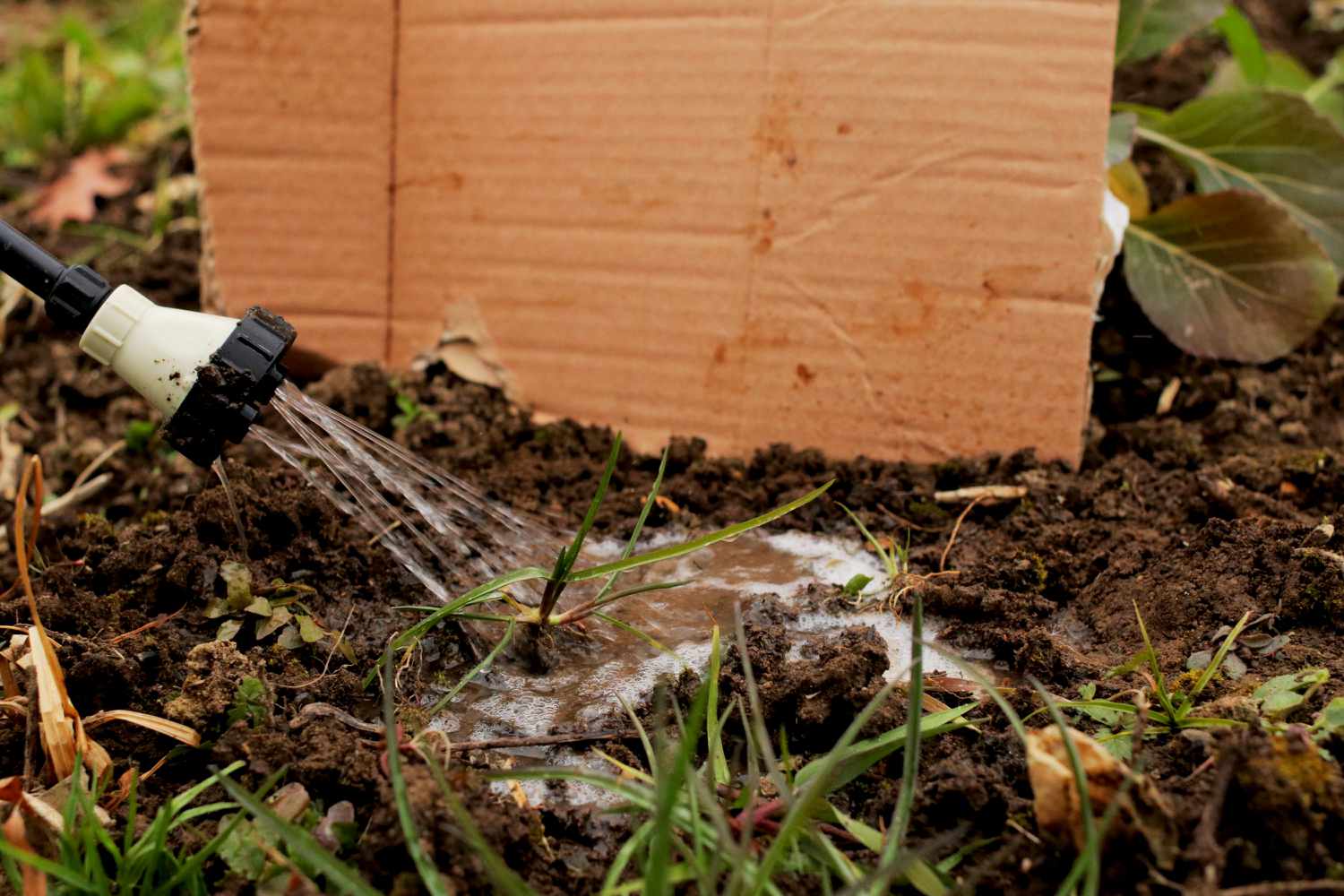
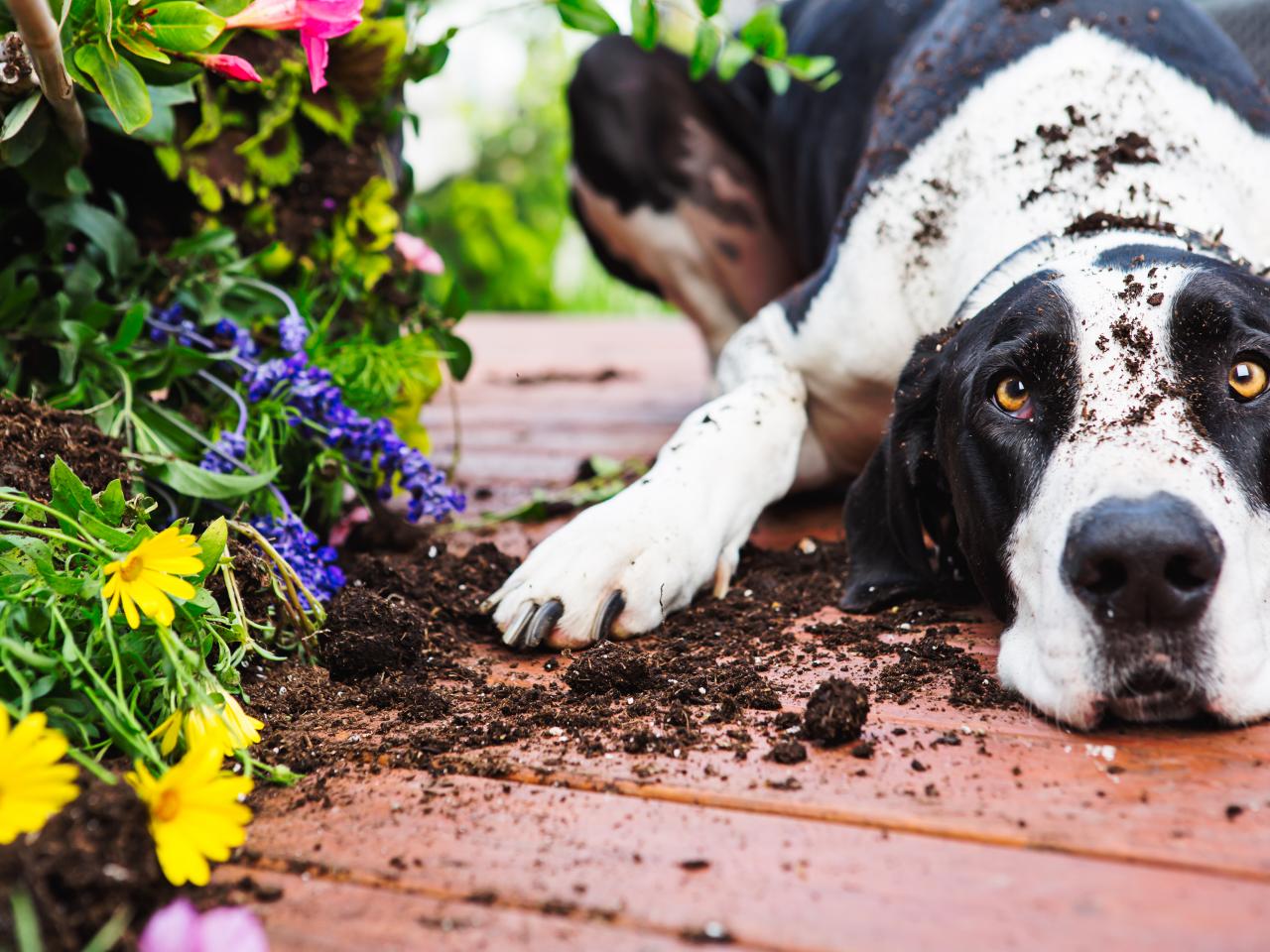
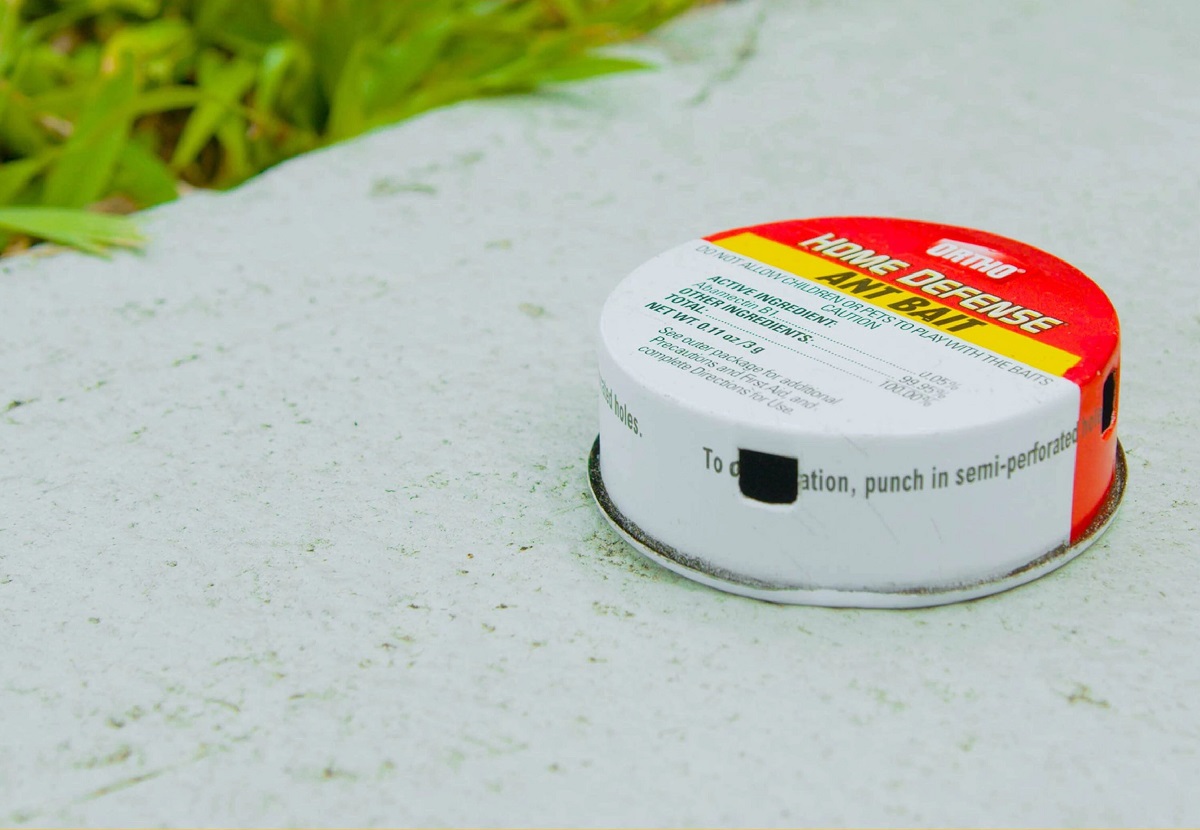
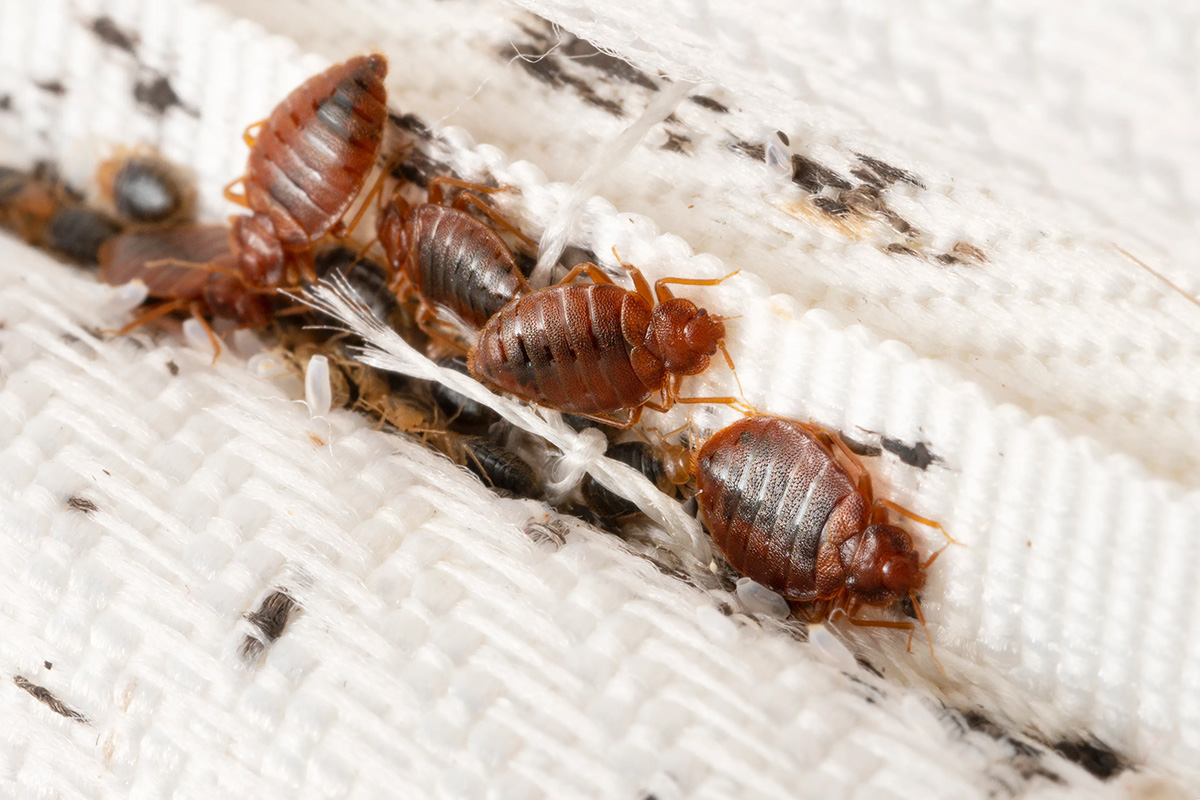
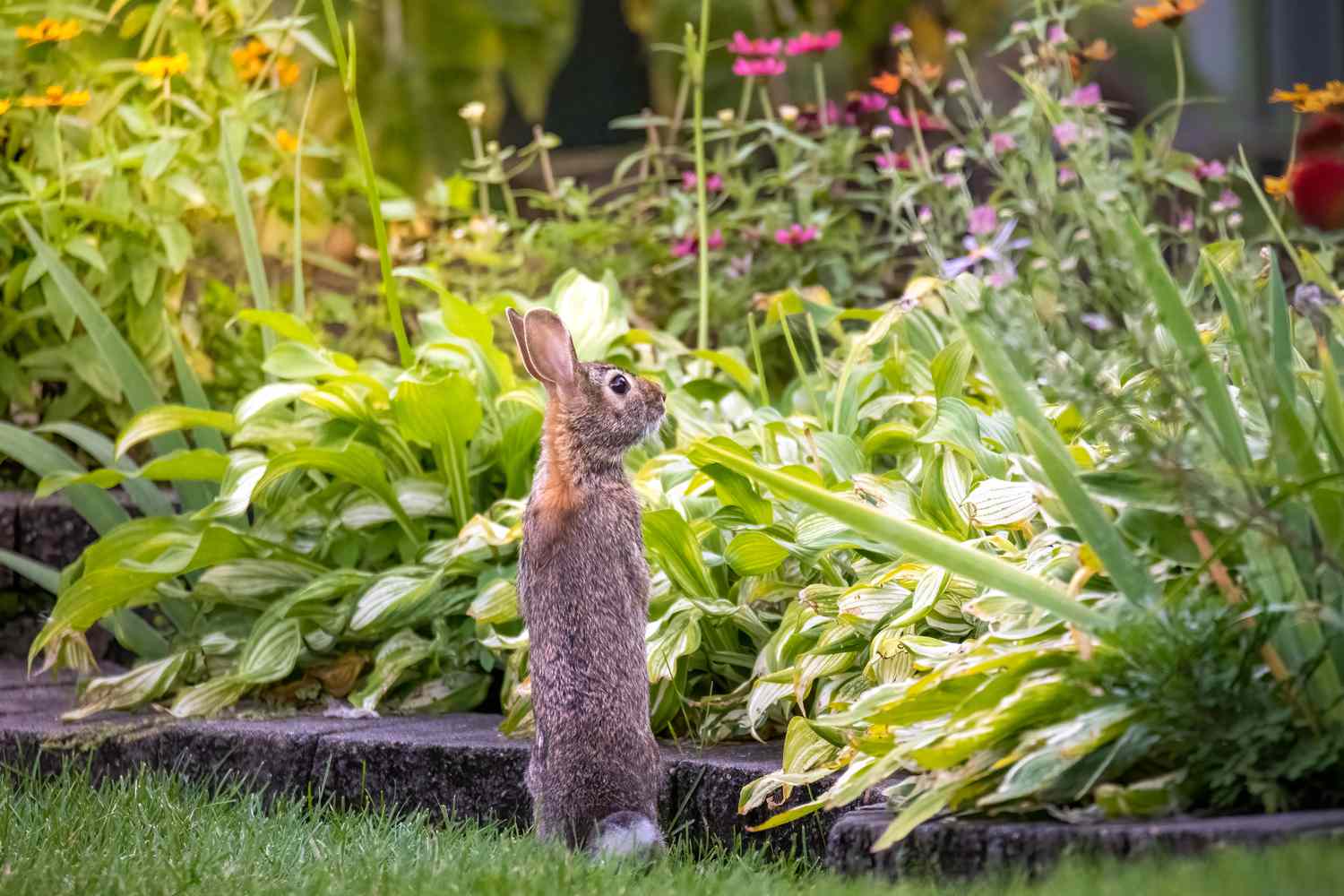
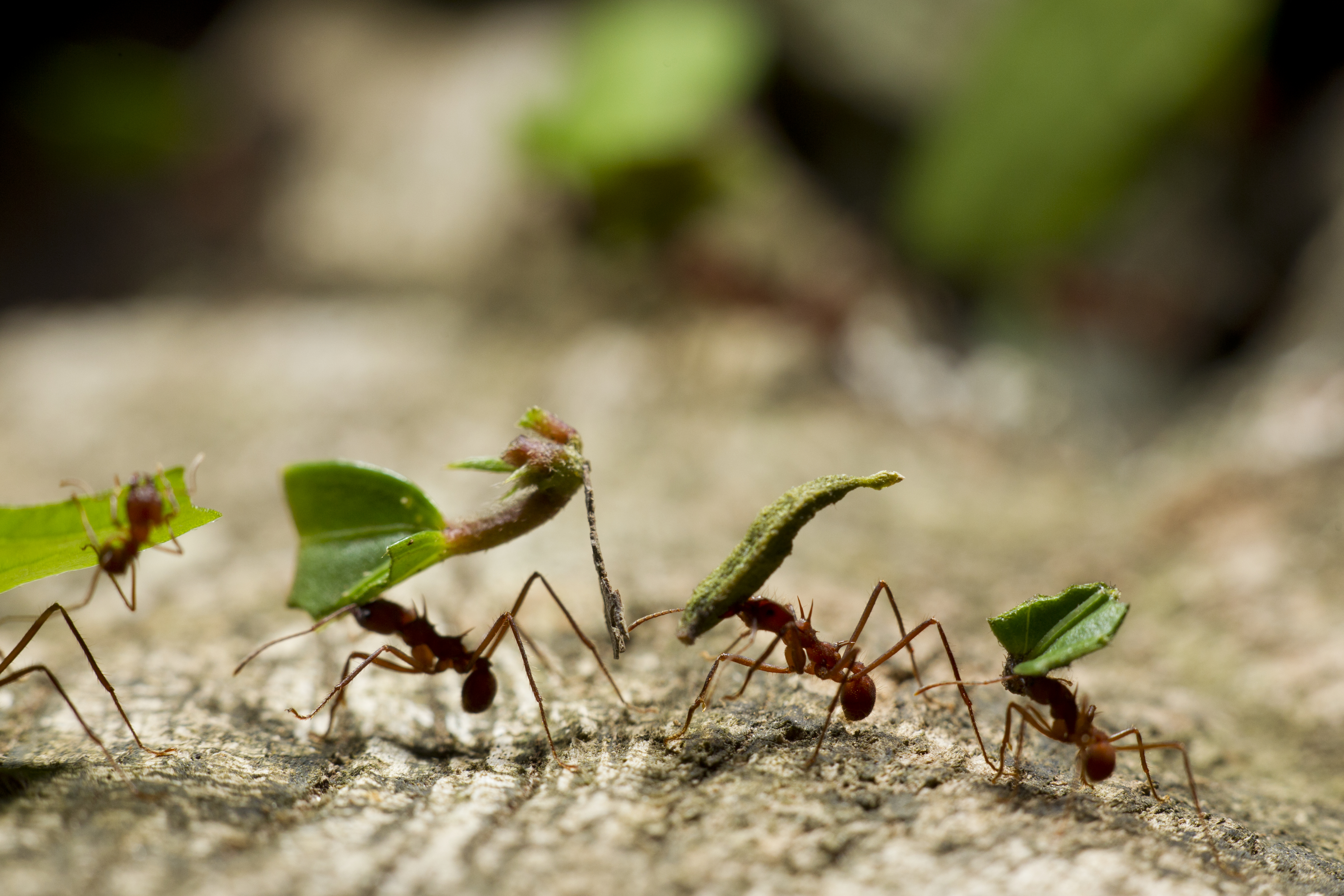
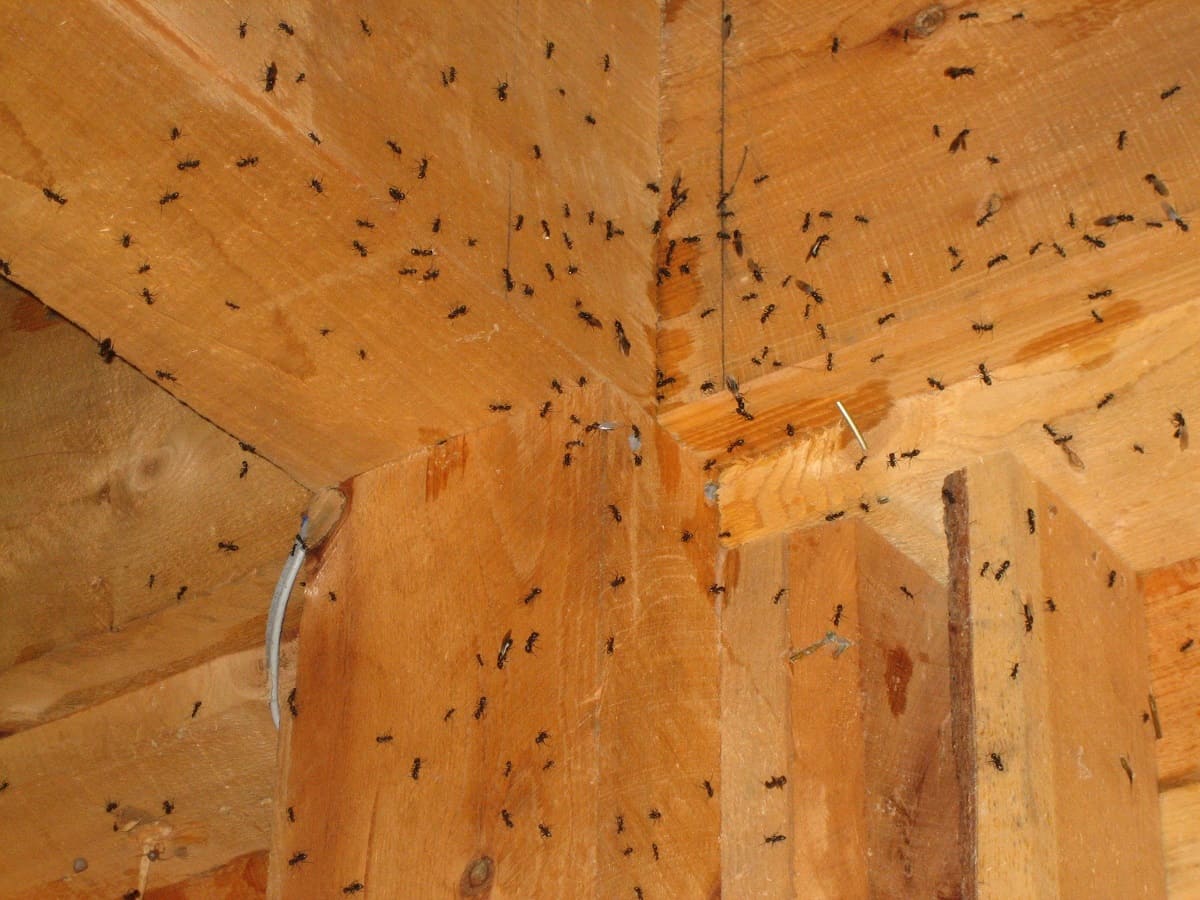
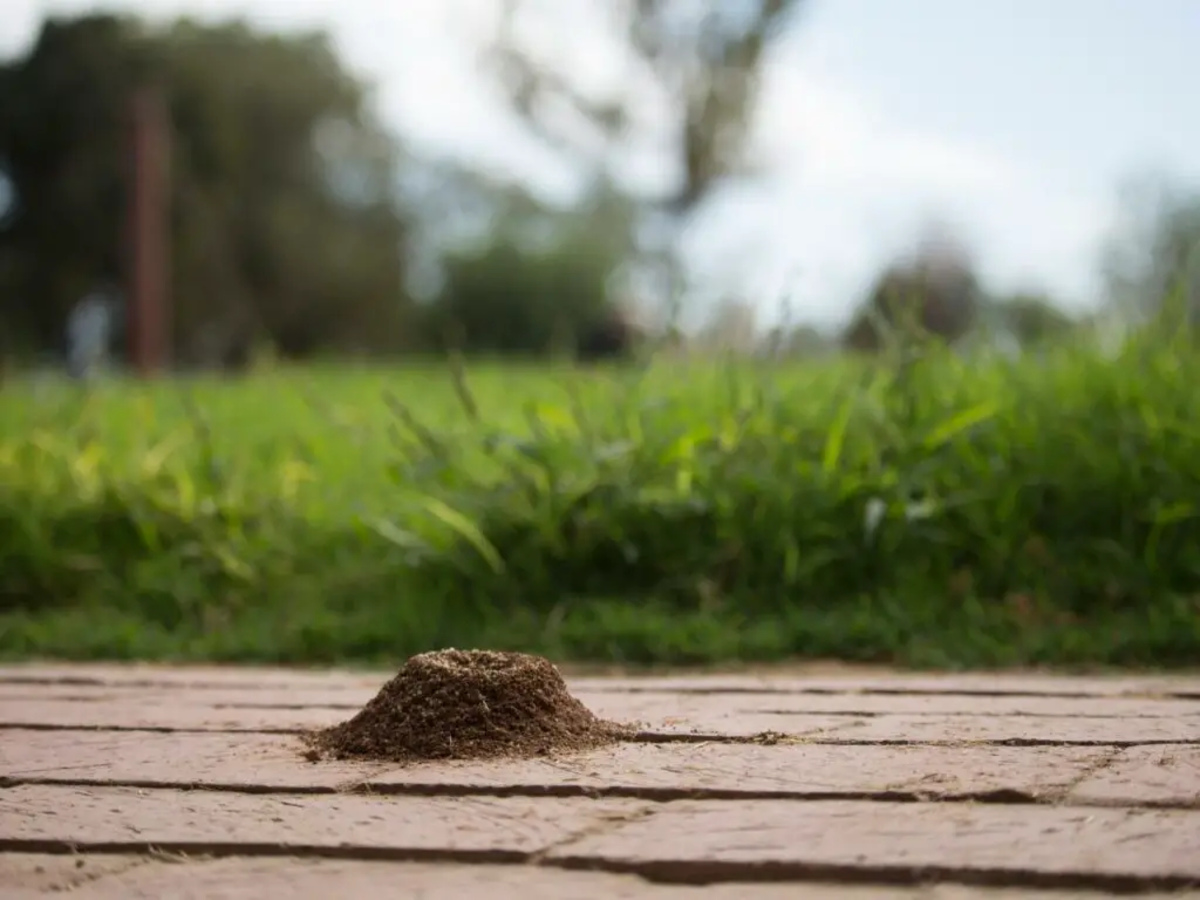
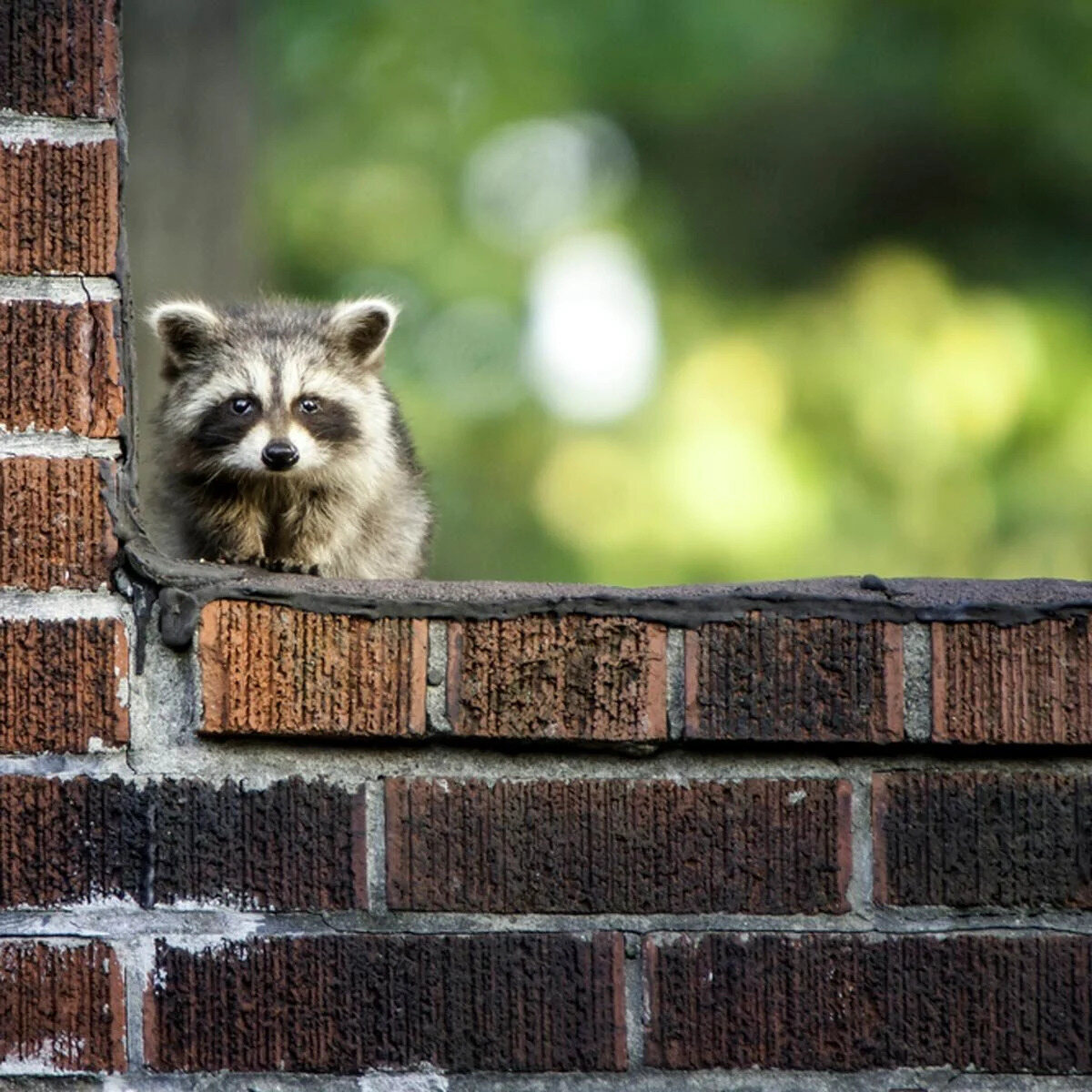


0 thoughts on “How To Get Ants Out Of Your Garden Bed”